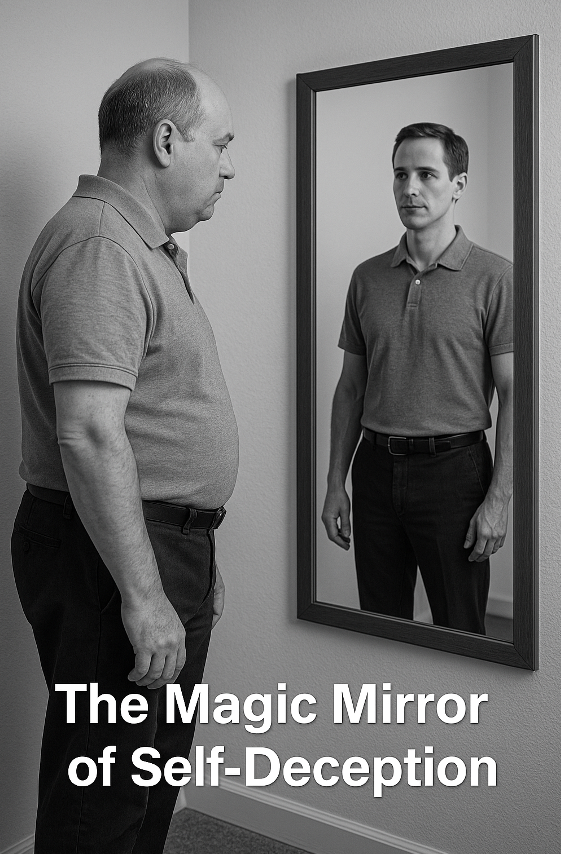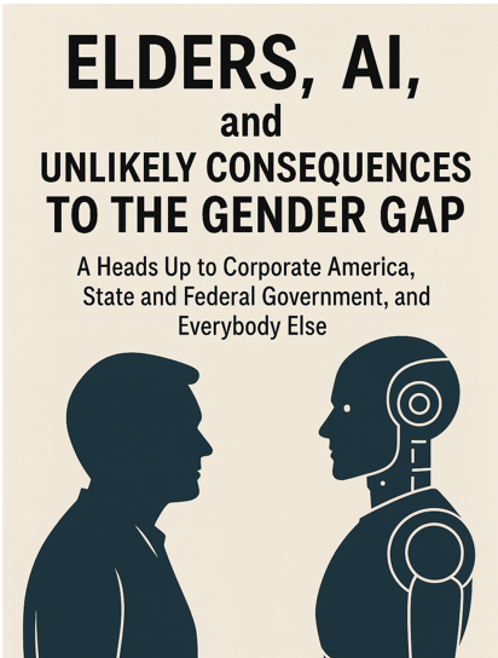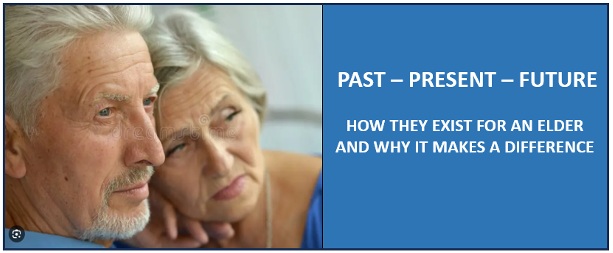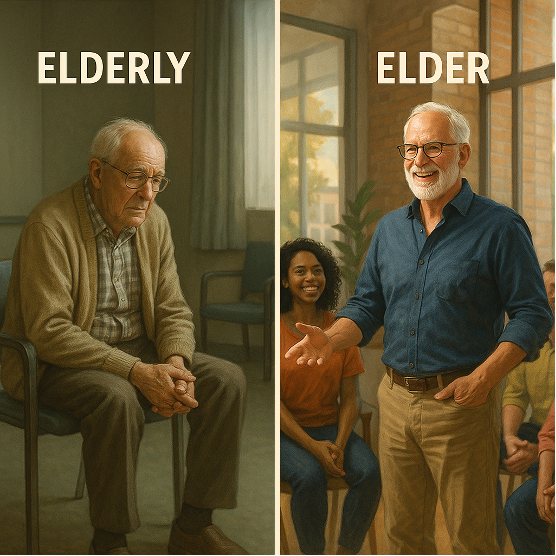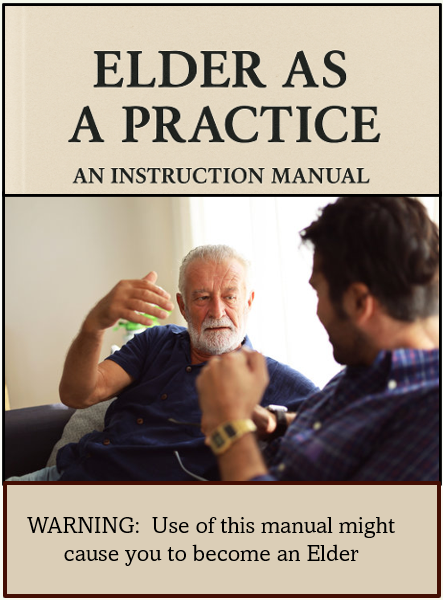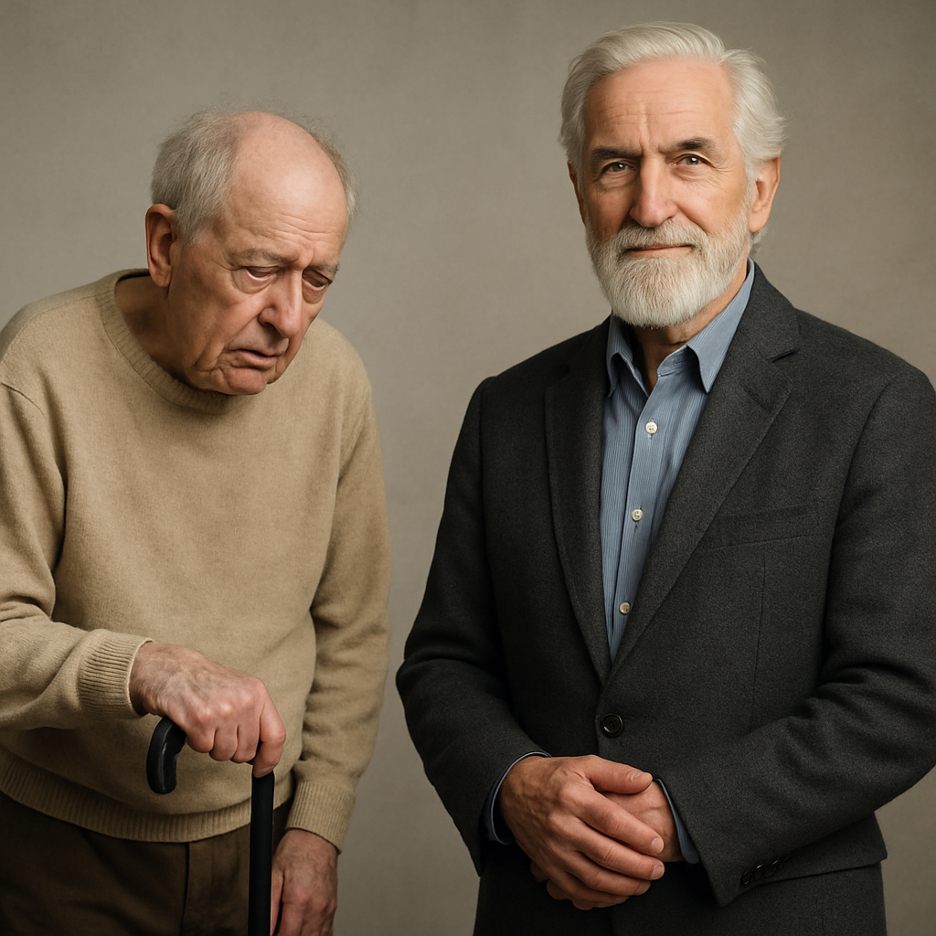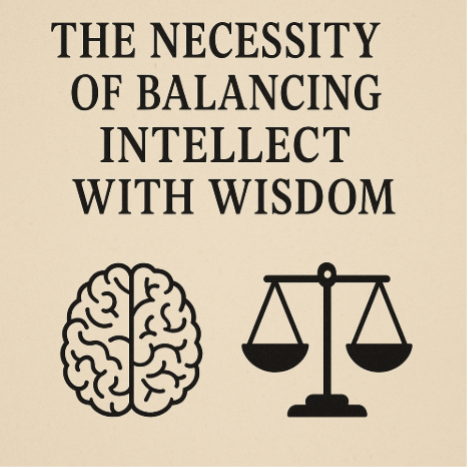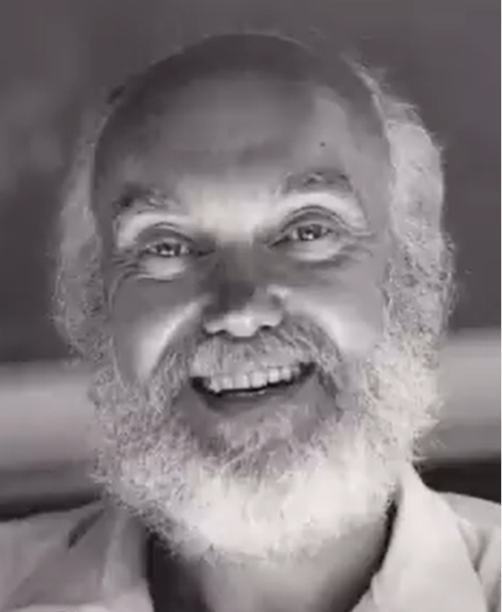THE WORDS OF CONTEMPORARY ELDERS
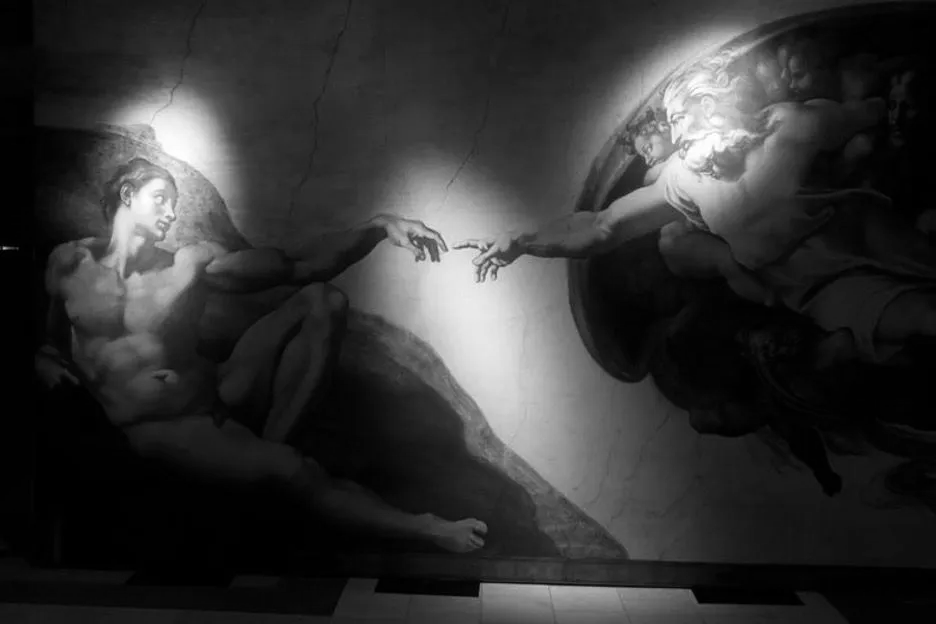
THE WORDS OF CONTEMPORARY ELDERS
"In the beginning was the Word, and the Word was with God, and the Word was God." [John 1:1]
One area I have come to appreciate and continue to explore is language and its stunning impact. Arnold Siegel, Werner Erhard, and Fernando Flores were the first to open my eyes 45 years ago to the power of language.
Since then, I've spoken and learned from linguists, anthropologists, cognitive scientists, neurobiologists, and other scholars to understand the phenomenon of language. They each had their respective hypothesis explaining how humans acquired language and its overriding influences on their development.
Despite persistent research, multiple books published, numerous courses delivered, various seminars offered, some YouTube and TED talks, and a handful of podcasts posted, the origin of why humans have language remains unsettled.
None of their theories, hypotheses, and concepts were mutually exclusive. Most likely, multiple factors contributed to language development over time. But without direct evidence, these theories are only speculative. Besides, their theories are all made up of language itself. The snake eating its tail.
Then again, the spiritual was never considered: 'In the beginning was the Word, and the Word was with God, and the Word was God.' No divine consideration was proposed in their hypotheses, theories, or explanations. Nonetheless, the ability to create words might have a divine connection, so it would never fit a materialistic, rational, scientific model.
What is undeniable is that language is the defining characteristic of our species. Every person, family, tribe, community, region, and nation has language.
Language is what makes us human. Language is an integral part of the human experience. It defines how we interact with each other, shapes our thoughts and perceptions, and is the foundation for learning, culture, and society. Human beings, as currently constituted, are the outcome of language.
Language is superior ordinate. Humans are the servants of language. Humans are possessed by language. Humans are domestics in the house of language. Humans are the attendants, minions, and subordinates of language. Language rules. Who we are is the language we think and speak.
Language is the lens through which we see the world. Language determines our perception of ourselves and the people and places around us. Language determines the temporality in which we exist. Language creates our reality. We belong to language.
This awareness brought me to a fundamental inquiry: If language shapes who people are, what is the language of an elder?
The possibility of becoming an elder could, therefore, be accomplished by distinguishing the language of elders and, from here, developing people to understand and speak that language. If we are a function of our language, this path to elder made perfect sense.
Language ultimately creates the context in which we reside. If creating the context of elder is a language phenomenon, developing people to talk and think in the language of elders, they'd become elders. Why? Because context is ultimately decisive.
So, I began this exploration of the elder language by understanding the entomology of the words of an elder, and understanding the words' origin and use gave me a place to stand in my inquiry.
You see, it's not just the word itself. It is how the word is known, what it means to the individual, and what it means in the culture. Words don't last without cultural velcro.
Words must exist in the culture, or they go out of existence. When did you last use Galligskins to describe loose-fitting pants or Snollygoster to describe a corrupt person?
Words have form and exist in time and are, therefore, subject to the universal law of impermanence. Some words or their meanings come and go. Some last longer than others. Some for generations. But over time, many go out of existence.
But when the language of elders is closely examined, what is revealed is none of these transitory characteristics exist in the words of elders. Their words are eternal.
THE ELDER'S WORDS
The meaning of most words is determined by a whole host of factors – historical usage, cultural context, shared understanding, and language conventions. This interplay of these factors and the ongoing evolution as people interact and adapt language to their changing world.
Unlike the transitory nature of most words, my first clue was the words of the elder language remained unchanged. The words of an elder were enduring. These words have been spoken for millennia. Words that have always meant the same over time. Words that were heard in the same in every generation. Words that provide a consequential meaning for the listener.
So there was something in the words, the language of elders, that's eternal and universal, given their words can be heard and understood profoundly. Somehow, the listener(s) could hear the elder's words because they already existed within the listener. If you don't have it, you can't hear it.
These enduring words of an elder are the words of Higher Wisdom.
Wisdom and Higher Wisdom refer to different knowledge, insights, and understanding qualities. The difference between the two depends on context, philosophies, and personal beliefs.
Wisdom is applying knowledge and experience to make solid judgments, exercise discernment, and act in beneficial and ethical ways. Wisdom includes practical life experience, common sense, and the capacity to navigate complex situations with a balanced, thoughtful approach.
Wisdom is a quality that comes with learning, reflecting, and understanding the consequences of your actions. Wisdom is a higher consciousness, a greater awareness, and a more profound sensitivity to the world and its people.
It is a Wisdom that allows you to live and work with enhanced abilities, power, and effectiveness. With this Wisdom, you can see further into the past, deeper into the future, and more accurately predict what will happen next.
And you can't get to Higher Wisdom without this kind of Wisdom. Stage one is to become wise in your day-to-day reality.
Higher Wisdom is a more spiritual form of knowledge and insight that transcends ordinary understanding. Higher Wisdom is tied to existential and metaphysical beliefs. Beliefs that lead to a deeper understanding and appreciation of the nature of reality, existence, and the universe.
Higher Wisdom involves insights into immortal truths, the nature of consciousness, and the interconnectedness of all things. It goes beyond the confines of everyday life. Higher Wisdom brings an awareness that goes beyond the ego and personal desires. The path to elder is the journey of Higher Wisdom.
While Wisdom generally refers to practical knowledge and good judgment from experience, Higher Wisdom refers to a deeper and more spiritually informed understanding that transcends the ordinary and touches the profound truths about existence.
Higher Wisdom changes who you are. Higher Wisdom opens the channels to your unexpressed humanity. Higher Wisdom lets you remember what it means to be a human being and appreciate the gift that life is.
CONCLUSION
1. You belong to language.
2. Higher Wisdom lives within all of us and can be uncovered.
3. Higher Wisdom brings forth the nobility of peoples' humanity.
4. Elder development can best be accomplished through learning the language of elders.
5. The language of elders is Higher Wisdom.
6. Contemporary elders can bring Higher Wisdom to our world. It is what the world needs now.
Hmm. Maybe I should create "Babbel" for learning the elder language?

ANNOUNCEMENT:
As we age, our bodies decay. That is the irrevocable law of impermanence. We get old, we deteriorate. The telomeres of our DNA shrink, our cells don't mitose effectively, and our mental and physical capacities become slowed. How do we relate to this aging phenomenon so we are not at its mercy?
The next Open Sangha call is on September 27th. Registration on the Website www.requestingwisdom.com/the-sangha
There is no cost; we only ask you to be on time.
